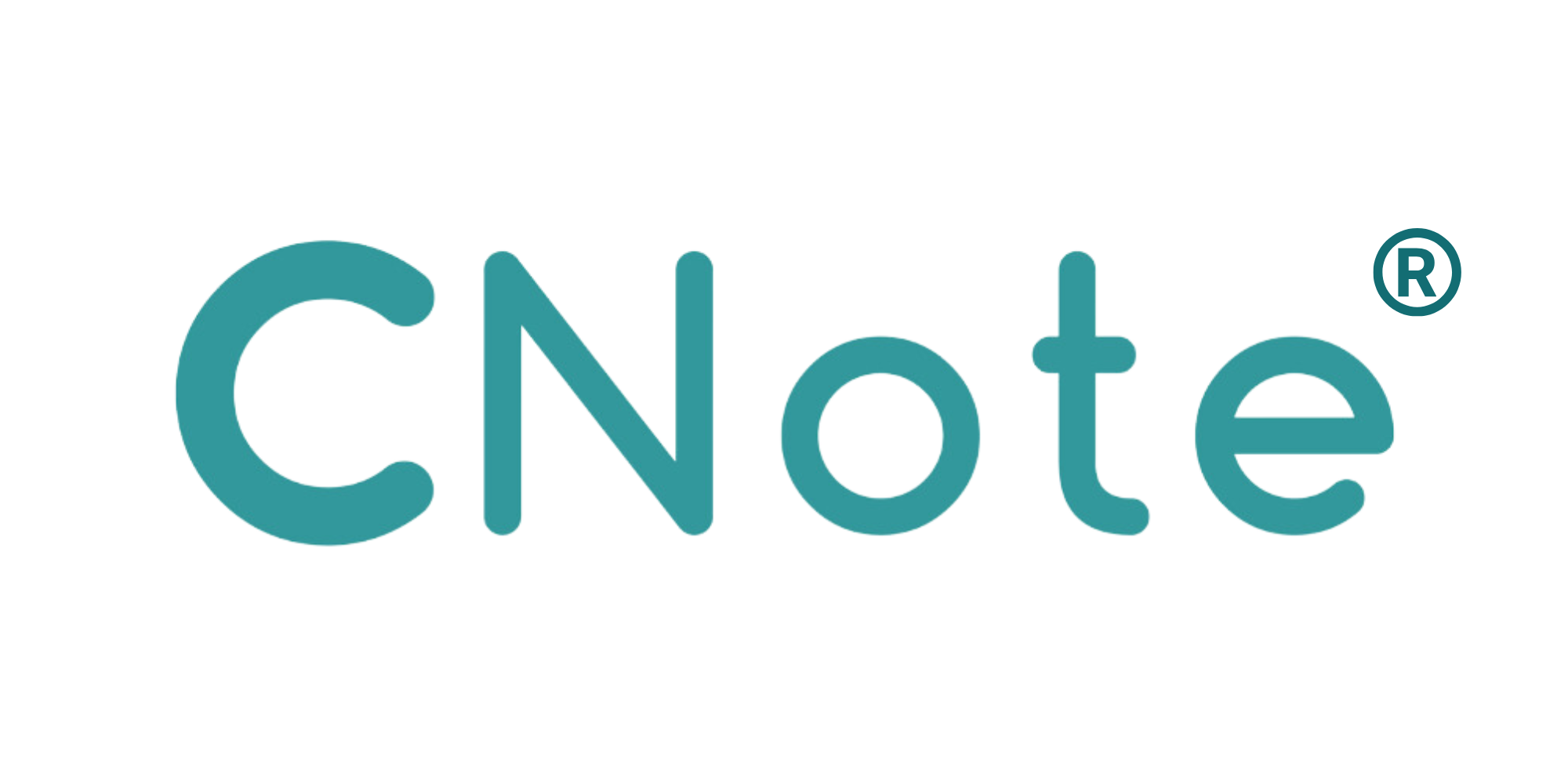When most companies think about where to keep their cash, the usual suspects come to mind: large national banks or short-term money market funds. But there’s another option that more organizations are beginning to explore: placing deposits with Community Development Financial Institution (CDFI) banks and credit unions.
These mission-driven institutions don’t just safeguard deposits. They put that money back to work by lending to small businesses, financing affordable housing, and expanding access to financial services in underserved communities. In other words, the cash your company needs to park anyway can also help strengthen the local economy.
Why Companies Are Looking Beyond Traditional Accounts
Depositing cash with CDFIs offers two clear benefits:
- Safety and liquidity: Deposits at CDFI banks are insured by the FDIC up to $250,000 per depositor, per bank, and credit union deposits are protected by the NCUA to the same limit. From a risk perspective, these accounts operate under the same protections as traditional banks.
- Impact: CDFIs are certified by the U.S. Department of Treasury’s CDFI Fund, which means they have a proven track record of serving low-income, rural, and historically excluded communities. Your deposits expand their ability to lend in those areas.
For companies with growing interest in sustainable finance and impact strategies, placing deposits with CDFIs checks both boxes: safe management of cash and measurable outcomes for communities.
The Traditional Route: Going Bank by Bank
One way to place deposits is to approach individual CDFI banks or credit unions directly. This can work well if you’re allocating a modest amount of cash or if you already have ties to a local institution.
But for most companies, especially those managing larger cash balances, this approach presents challenges:
- Each bank has its own account-opening process and documentation requirements.
- Managing multiple accounts makes tracking balances and liquidity needs cumbersome.
In short, the traditional route can be time-intensive and operationally complex.
A More Scalable Approach: Platforms That Streamline the Process
Over the past few years, fintech platforms have emerged to bridge the gap between companies and mission-driven banks. Instead of opening accounts one by one, companies can work through a single platform that handles distribution, monitoring, and reporting.
For example, with the CNote Impact Cash® product*, companies can:
- Gain access to a network of vetted CDFI banks and credit unions.
- Have deposits automatically distributed across multiple institutions, staying within FDIC and NCUA insurance limits.
- Receive consolidated impact reporting that shows how deposits are fueling small business lending, affordable housing, or community development projects.
- Maintain liquidity with account structures that align with corporate treasury needs, including overnight access.
This approach allows companies to deploy meaningful sums of cash—millions of dollars in some cases without running into the operational roadblocks of doing it alone.
What Companies Gain by Placing Deposits with CDFIs
Beyond safety and ease of execution, companies that place deposits with CDFIs benefit from:
- Diversification: Funds are spread across multiple institutions rather than concentrated in one account.
- Alignment with values: Deposits help advance corporate goals related to sustainability, diversity, or community engagement.
- Transparent outcomes: Through impact reporting, companies can point to tangible results, such as jobs created or businesses financed.
Moving from Idle Cash to Purposeful Deposits
Every company holds cash. The question is whether that cash just sits—or whether it contributes to something greater. By placing deposits with CDFI banks and credit unions, companies can manage liquidity responsibly while helping local economies thrive.
It’s not philanthropy. It’s a smarter way to put corporate cash to work.
* The information provided is for informational purposes only and should not be construed as investment, legal, tax, or accounting advice. Impact Cash® deposits are insured by the FDIC or NCUA, subject to the terms and conditions of the Impact Cash agreements. CNote Group, Inc. (CNote) is not a bank, a credit union, or any other type of financial institution. CNote is not a registered investment advisor with the Securities and Exchange Commission (SEC) or a broker-dealer authorized by the Financial Industry Regulatory Authority (FINRA). CNote is not a legal, financial, accounting or tax advisor. Impact Cash deposits are not securities or investments. We encourage you to consult with a financial adviser or investment professional to determine whether or not the CNote platform makes sense for you.


